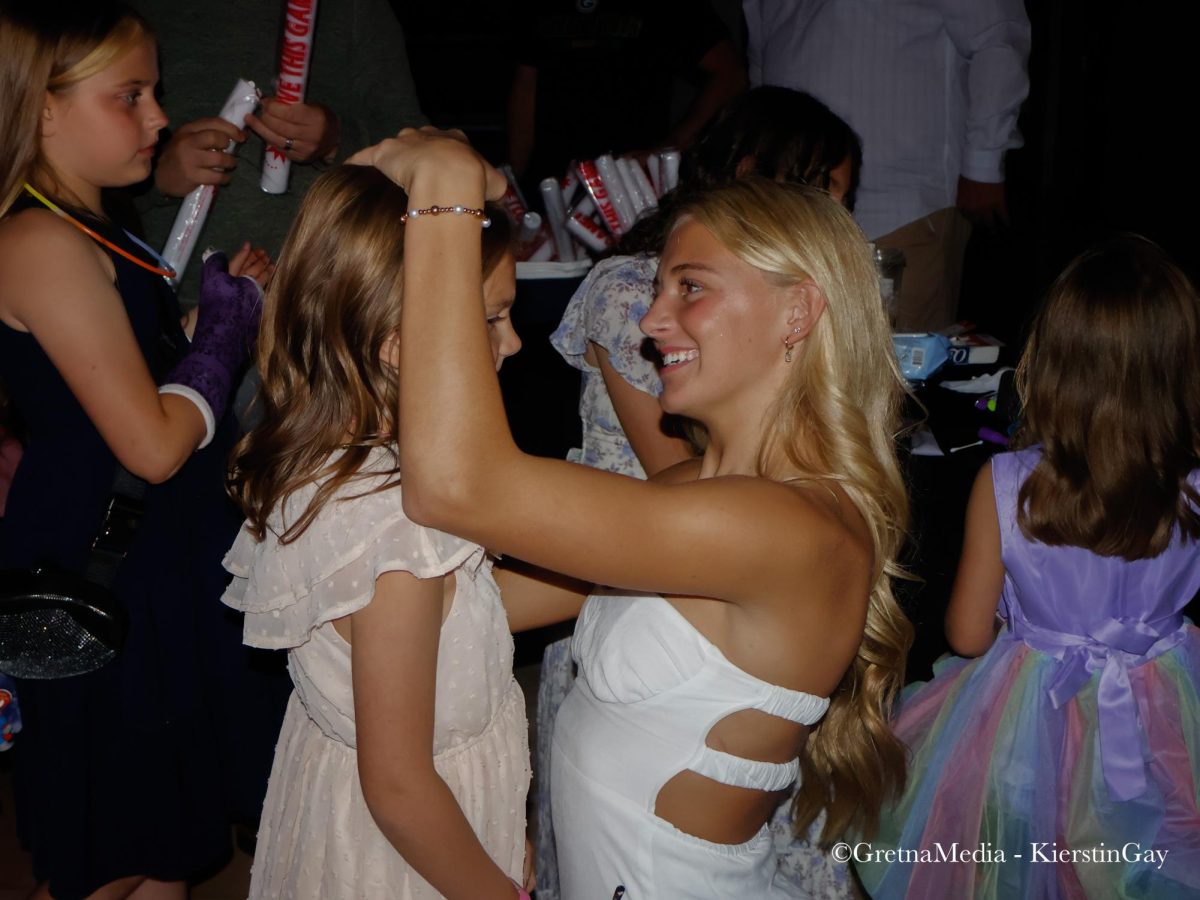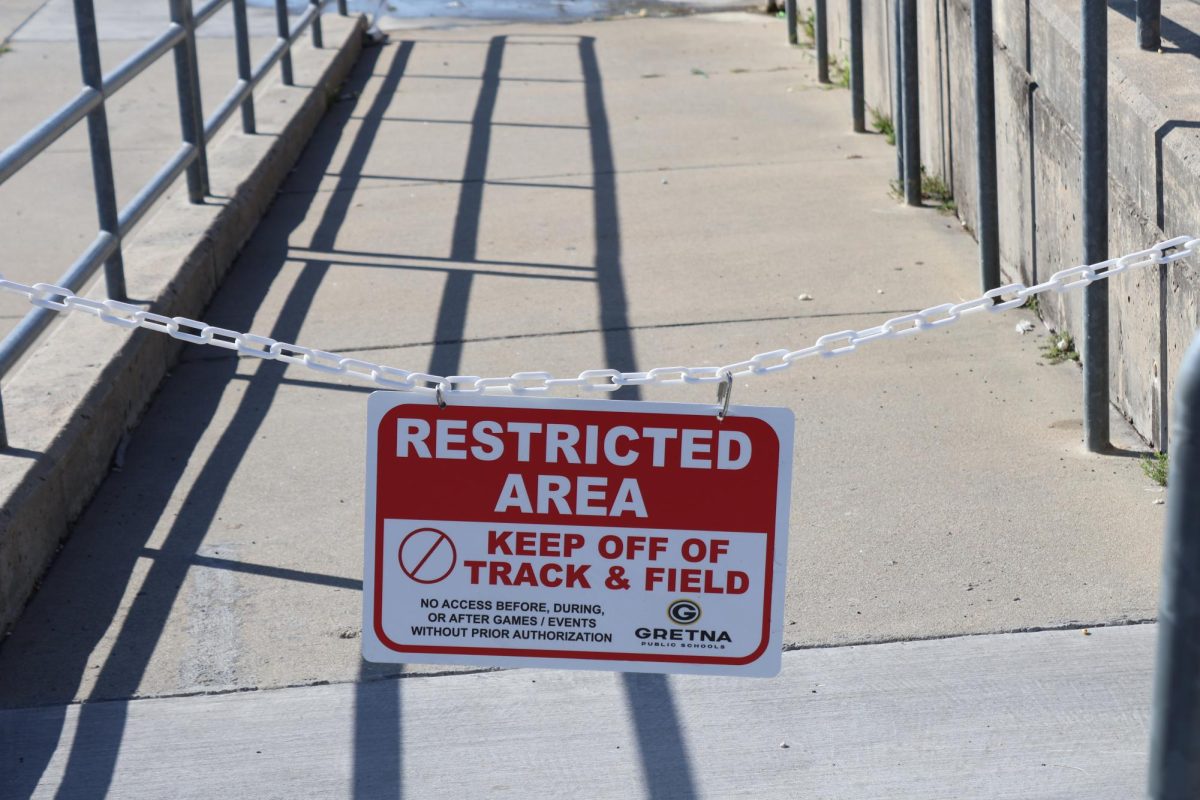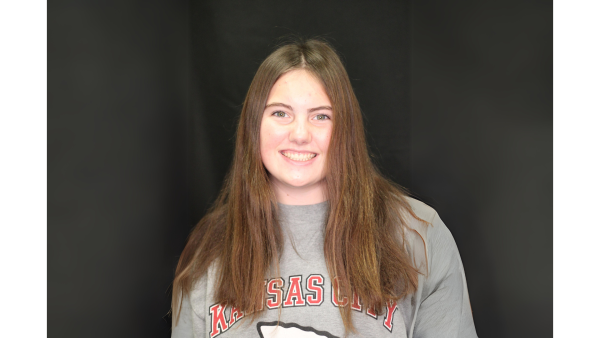Starting next Monday, my life will be changed forever because of three things:
- I am hosting a German foreign exchange student;
- I get to meet new people and (hopefully) become best friends with them; and
- In the not-too-distant future, I’ll watch Taylor Swift the “Eras Tour Movie” in a theater with my exchange student.
All of this is a big deal.
Twenty teenage students from the town of Kiel, Germany, will start school in Gretna on Monday, Oct. 2, for the start of a three-week stay. Ten German students will be in the GHS building (the other ten will be at GEHS) and will follow the schedules of their hosts for two days, then they will be assigned their own schedules with their selected classes for the remainder of their trip.
The exchange takes place from Oct. 1- 21. Next summer, several GHS students involved in German classes will go to Kiel to experience German culture and schooling.
While German and American cultures already have many similarities, there are also certain differences that may create a clash.
“I would say that our teenagers are not used to the amount of freedom and responsibility they have,” GHS German teacher and organizer Ms. Kelley Deane said. “So when they come here, there are a lot more rules and restrictions that they don’t face in their everyday lives. They are much more used to freedom and being able to circulate and go about and having that autonomy.”
Transportation may also bring contrast to what the exchange students are used to, leading them to feel stuck.
“Here, they are dependent on the host family and the other person to drive, so they can’t get around,” Deane said. “In Germany, they have public transportation that can go wherever they want to go.”
The school days in Germany are also organized differently than the typical American school system. The students do not move every period, they rather have the teachers move into the students’ set classroom. The students then will only move classrooms for their special classes, such as labs and arts.
Deane said that to make the most of the German’s experience, stay away from rude and offensive questions. Germany is a very advanced country. And, yes, she added, German schools teach English at a very young age, so all the students will be close to fluent or almost fluent in the language.
“The main thing is don’t just ignore them, talk to them, include them,” Deane said. “If you have a class with them or a group project, put them together in your group or invite them to the discussion of the work you are doing.”
In the classroom, teachers will adjust their schedules to adapt to the new students.
“British Literature is a class that students adapt really well, and I think are really welcoming so I think they will just fit into our natural environment,” English teacher Ms. Mary Bennett said. “We will make sure to keep them included, do some brainstorming activities and get to know your activities so they feel like they have a good classroom experience.”
The Germans will only be in classes four days a week because of weekly field trips. They will be going to Lincoln, Kansas City, a middle school and a farm.
In the schools between both countries, the program that sponsors the exchange, the German-American Partnership, has been fighting off stereotypes of Germans and your “average” American.
“Germans have these stereotypes just like we do,” Deane said last spring during an earlier interview about the exchange. “(Americans) all think ‘oh they all wear lederhosens and all drink a lot of beer and they had Nazis in their background.’ Well, that is not the case anymore. Whereas not all Americans are fat, not all Americans own guns and go out shooting.”









